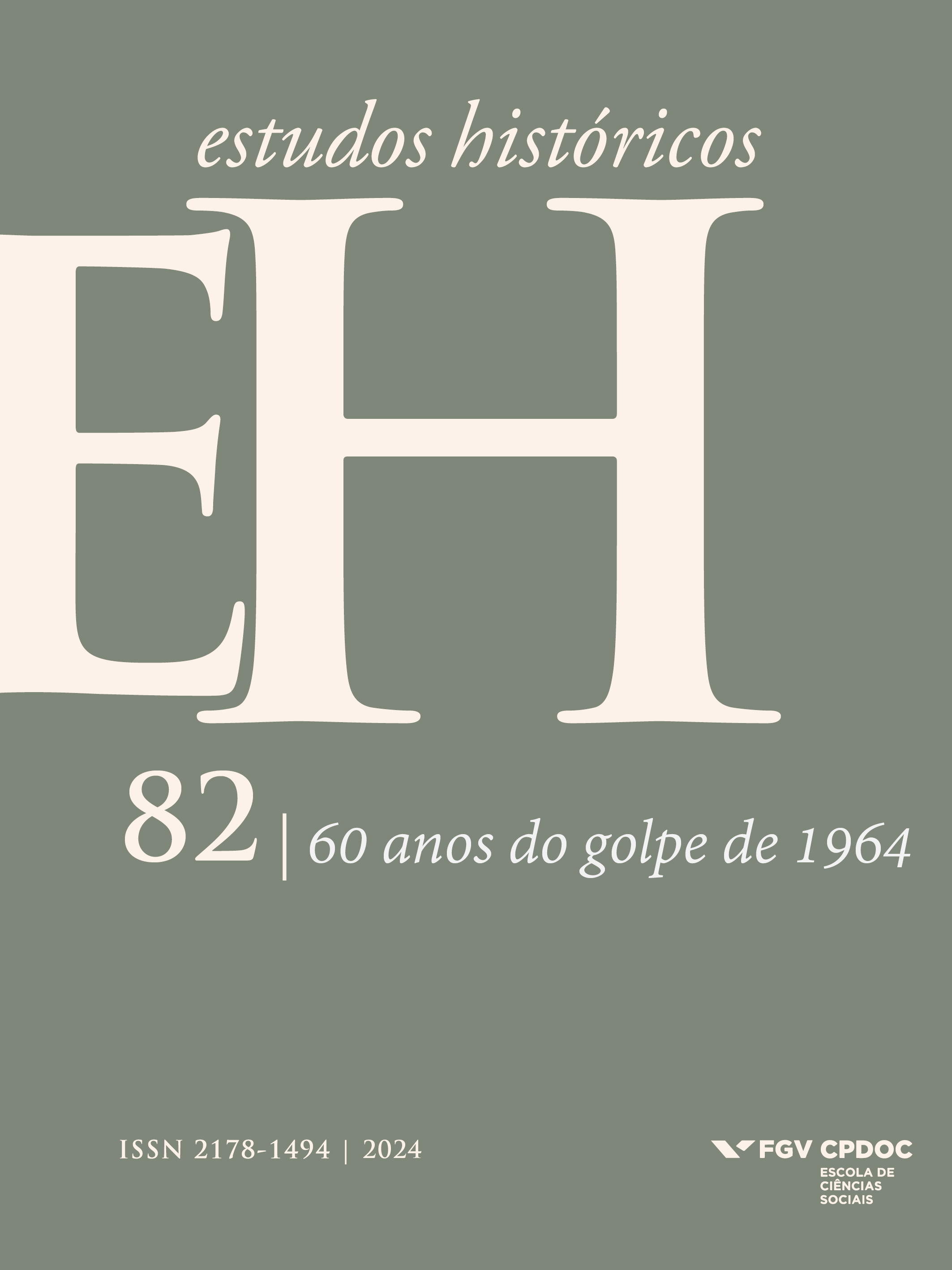Circuits of unofficial propaganda
Amaral Netto celebrates the 150 years of Independence (1972)
Keywords:
ditadura, audiovisual, cavação, colaboracionismo, Amaral Netto, SesquicentenárioAbstract
A single film can reveal much about the symbiotic relationships between civilian sectors and the dictatorship established with the 1964 coup. This case study investigates Brazil year 150, a documentary short film by Amaral Netto celebrating the sesquicentennial of Independence (1972). It traces a circuit of unofficial propaganda gathered around this film. Rooted in history and audiovisual studies, it combines immanent film analysis with extra-filmic sources detailing the object’s trajectory, including archiving, production, censorship, and circulation. In conclusion, this short film witnesses a “modernization” of the old cinematic “cavação”
(commissioned films) for a more structured audiovisual collaborationism.



